The round cross-section of the round belt makes it ideal for use with light-loading equipment and with smaller jobs needing continuous motion. They are intended to be used with pulleys that have a groove in the shape of a V. Other names for round belts that are frequently used include O-ring belts, endless round belts, and endless drive belts. Read More…
Our conveyor belts are ISO 9002 and FDA certified. We can use our belts in nearly every industry, from transmission timing belts to conveyor belts for foods.
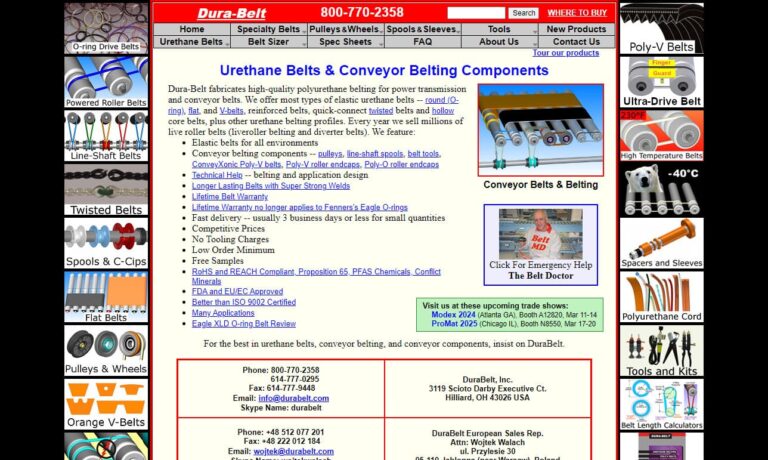
Creating conveyor belts at Fabrication Unlimited such as rubber belting, flat belts, endless belting, PVC, urethane belting, timing belts, cleated belting, specialty unscrambler belts (made-to-order), & corrugators belts, can be done with fast turn around for all fabricated belting offered. Serving food processing, agricultural, pharmaceutical, recycling, beverage and other industries.

Custom conveyor belting is fabricated by Beltservice Corporation and available through our distributors or OEMs. From this conveyor belt manufacturer, you will find agricultural, cleated, elevator, food handling, heat-resistant, heavy-duty and light-duty, incline, package-handling belting and more.

Come to Con-Belt Inc. for quality flat belts. Established in 1991, we have over twenty years of manufacturing experience and can meet your specifications and exceed your expectations. All of our products are made with pride in U.S. and are compatible and interchangeable with most major manufacturers’ conveyor equipment. Contact us today for further information about the products we offer.

More Round Belt Manufacturers
Round belts are mostly utilized for powered roller conveyors, line shaft or live roller conveyors, and power transmission applications. One advantage is that users can easily purchase them from any source of circular belts, cut them to length, and then combine them to fit the pulley system.
These belts do not require a belt tensioner because they are intended to stretch. This circular belt minimizes surface contact with the component, making the conveyors for which it is used appropriately for drying or lowering product contamination. Round belts are often constructed from polymer materials, which exhibit excellent chemical and abrasion resistance and do not require tensioning or tracking modifications.
A round belt is appropriate for clean rooms because it lacks fibers. Light- to heavy-duty power transmission belts include round and o-ring belts. Other names for these goods include endless-drive belts and endless-circular belts. Round belts are cylindrical lengths of material that can be solid or hollow. They require stretching or elongation to function and rely on friction to keep in touch with the belt pulleys.
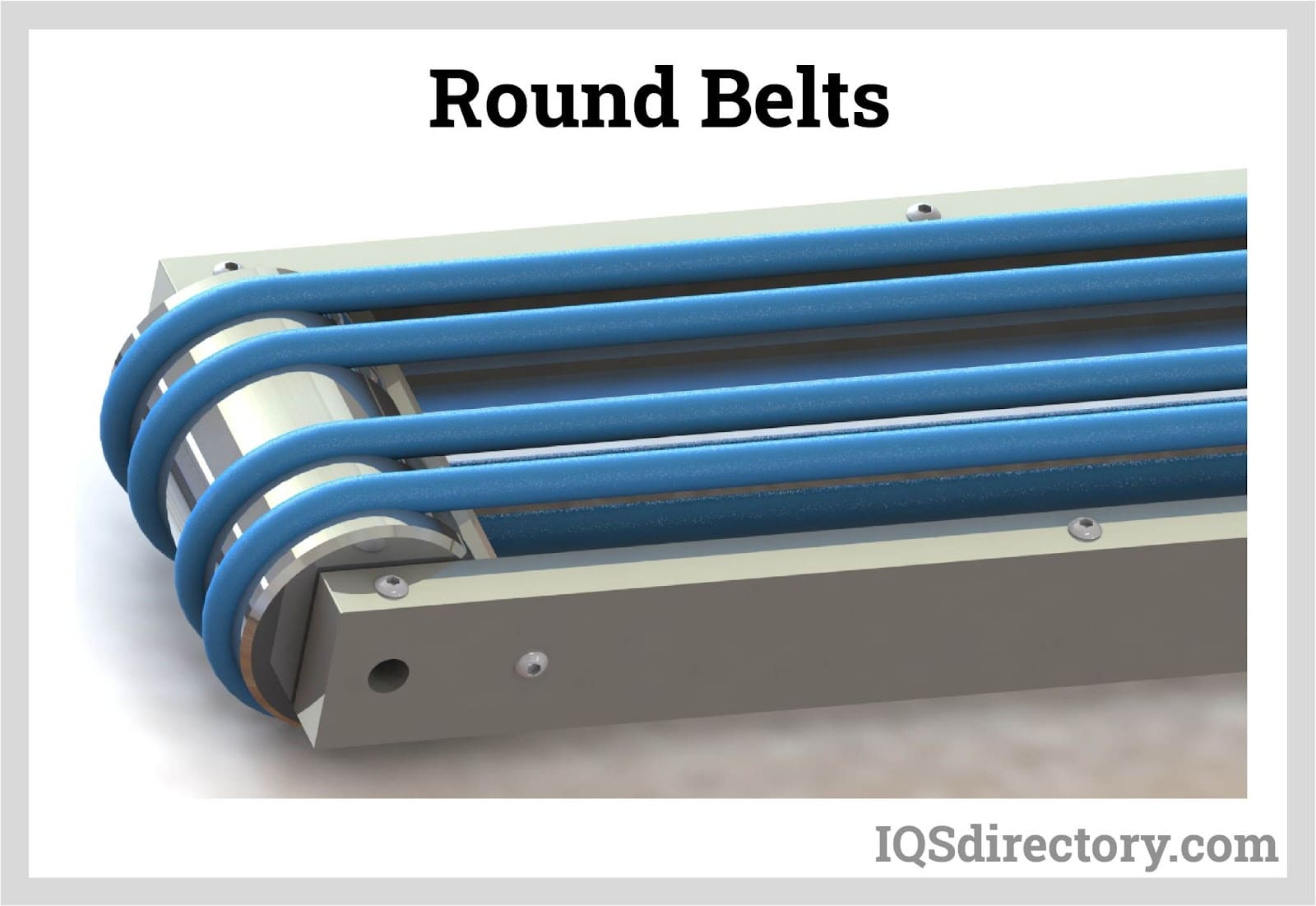
Types of Round Belts
Round belts come in various polymers and designs with various strengths, elasticities, and transmissions. Nitrile rubber is suitable for procedures involving oils and alcohols since it is resistant to petroleum hydrocarbons. The second material is neoprene, which can sustain a wide range of temperature ranges and is extremely durable due to its resistance to twisting and fracture. The third type is polyurethane, which includes various circular urethane belt varieties. These are typically resistant to abrasion. Rubber, the fourth and final category, offers distinct elastic qualities.
Buna-N often referred to as nitrile rubber, is a synthetic rubber copolymer made of butadiene and acrylonitrile. It works well in applications requiring lubricants, hydraulic fluids, and alcohols because it is resistant to petroleum hydrocarbons. The recommended operating range for Buna-N is around -30° to 275° F.
Neoprene is a synthetic rubber made by polymerizing chloroprene giving the rubber great flexibility and strong chemical stability. It functions effectively in contact with oils and chemicals like nitrile rubber. Neoprene can function successfully at temperatures ranging from -45° to 230° F and is renowned for resisting twisting and breaking damage.
A wide range of polyurethane polymers provides outstanding elongation, recovery, and toughness properties. They are also flexible and resilient to abrasion.
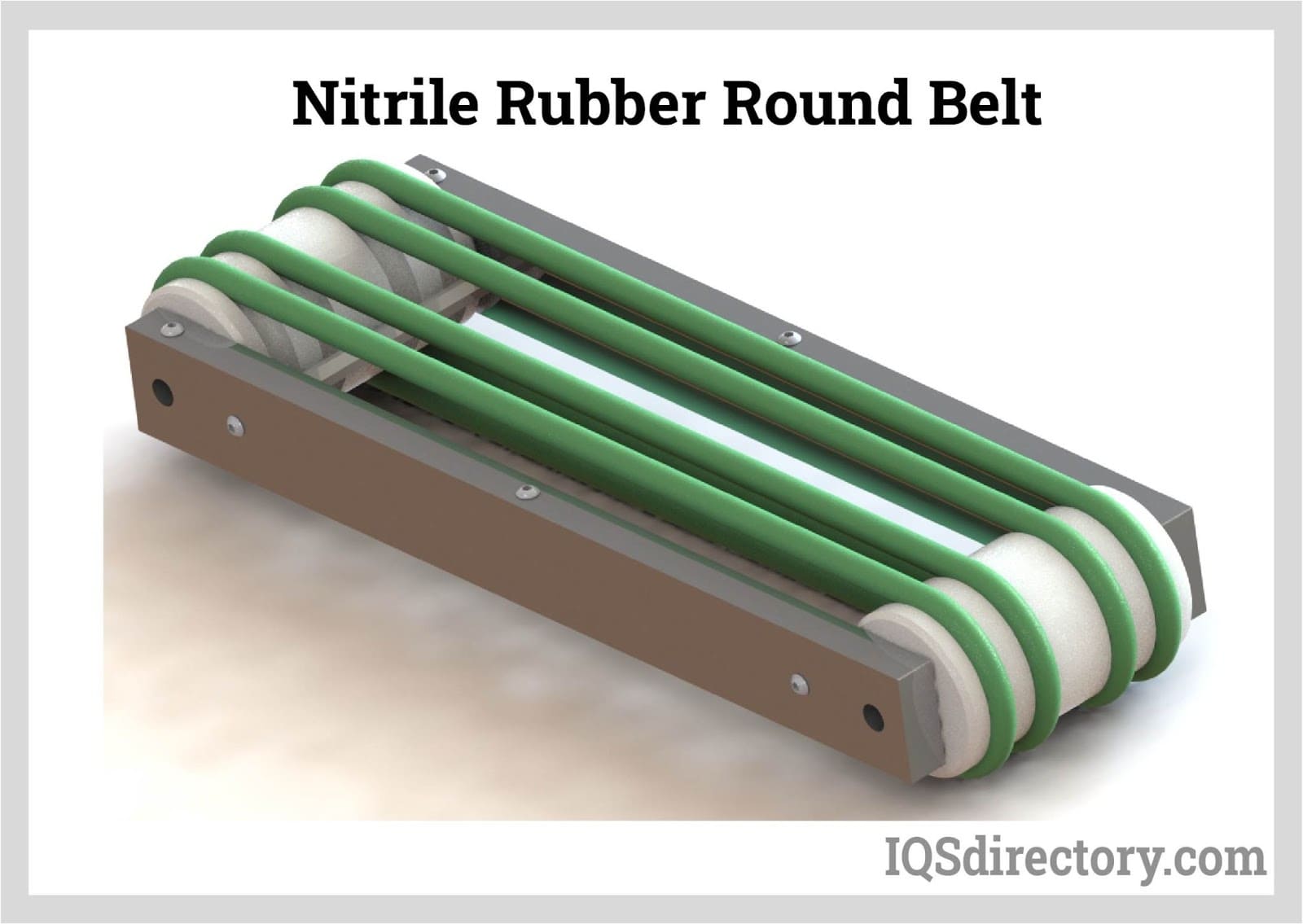
Common Problems Encountered With Round Belts
- The belt rips off at the tail pulley.
Reason: Belt swerving across the loading region and around the tail pulley
Solution: Install training idlers (pulleys that guide a belt) on the return side before the tail pulley as a solution.
Reason: Material spills and accumulation
Solution: Improvements can be made to loading and transfer circumstances by cleaning equipment and regular maintenance.
Reason: Idlers or pulleys that are not aligned with the belt's middle line
Solution: Adjust idlers in the affected area as a solution.
- The belt rips off at the head pulley.
Reason: Worn-out pulley lagging
Solution: Replace the pulley lagging as a solution.
Reason: Material spills and accumulation
Solution: Improvements can be made to loading and transfer circumstances by cleaning equipment and regular maintenance.
Reason: Idlers or pulleys that are not aligned with the belt's middle line
Solution: Adjust idlers in the affected area as a solution.
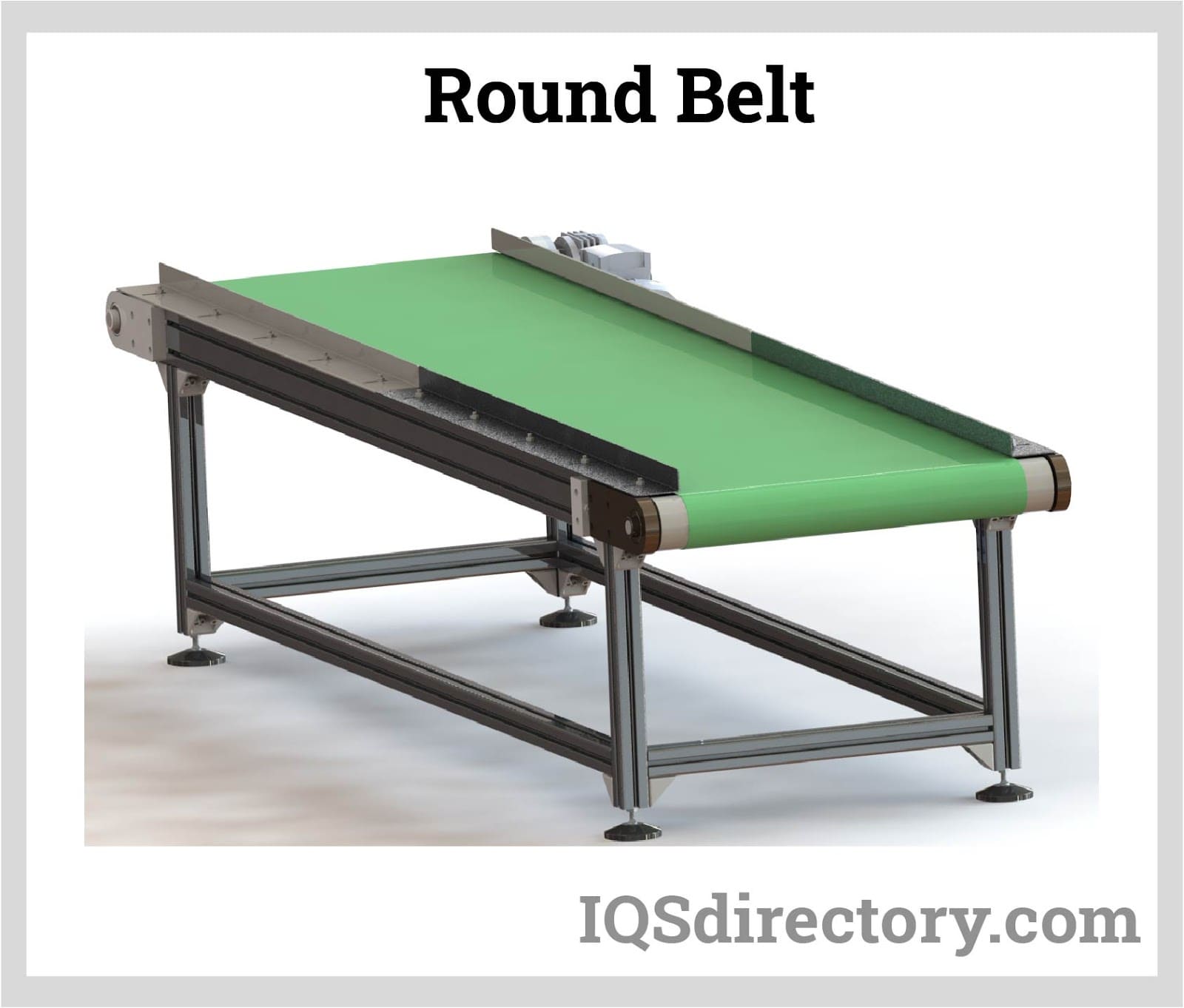
Applications of Round Belts
Round belts are cylindrical solid or hollow material lengths that use friction to maintain contact with belt pulleys. Therefore, they require stretching to function. These circular belts are frequently employed in power transmission applications for machines used in packing, printing, photocopying, transporting, and imaging.
Conveyors can be set up differently from the straight conveyor by using round belts to transmit power. For example, round belt conveyors can spin 90 degrees (a quarter turn) round belts to turn a shaft whose axis is rotated a quarter turn away from the drive shaft and supply power transfer for straight conveyors.
Choosing the Correct Round Belt Supplier
To make sure you have the most constructive outcome when purchasing Round Belts from a Round Belt Manufacturer, it is important to compare at least 5 Suppliers using our list of Round Belt manufacturers. Each Round Belt Company has a business profile page that highlights their areas of experience and capabilities and a contact form to directly communicate with the manufacturer for more information or request a quote. Review each Round Belt company website using our proprietary website previewer to get an idea of what each business specializes in, and then use our simple RFQ form to contact multiple Round Belt businesses with the same form.

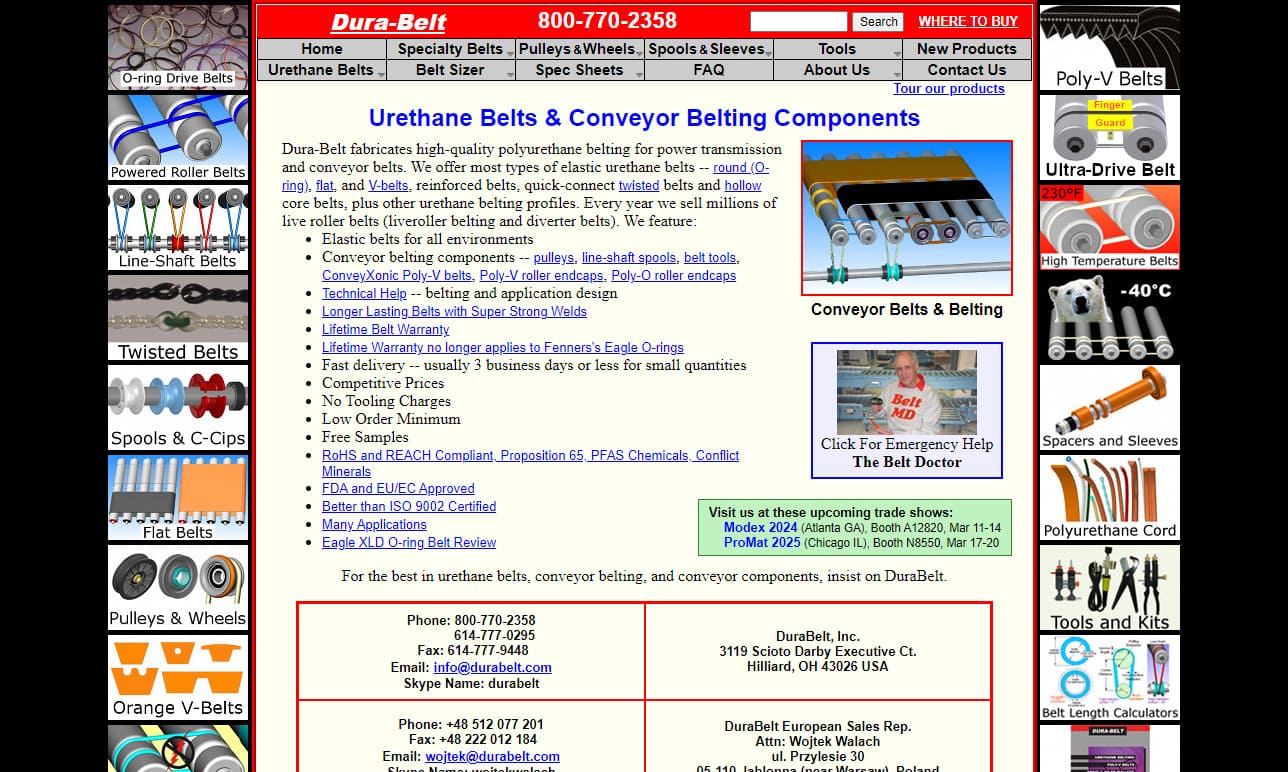



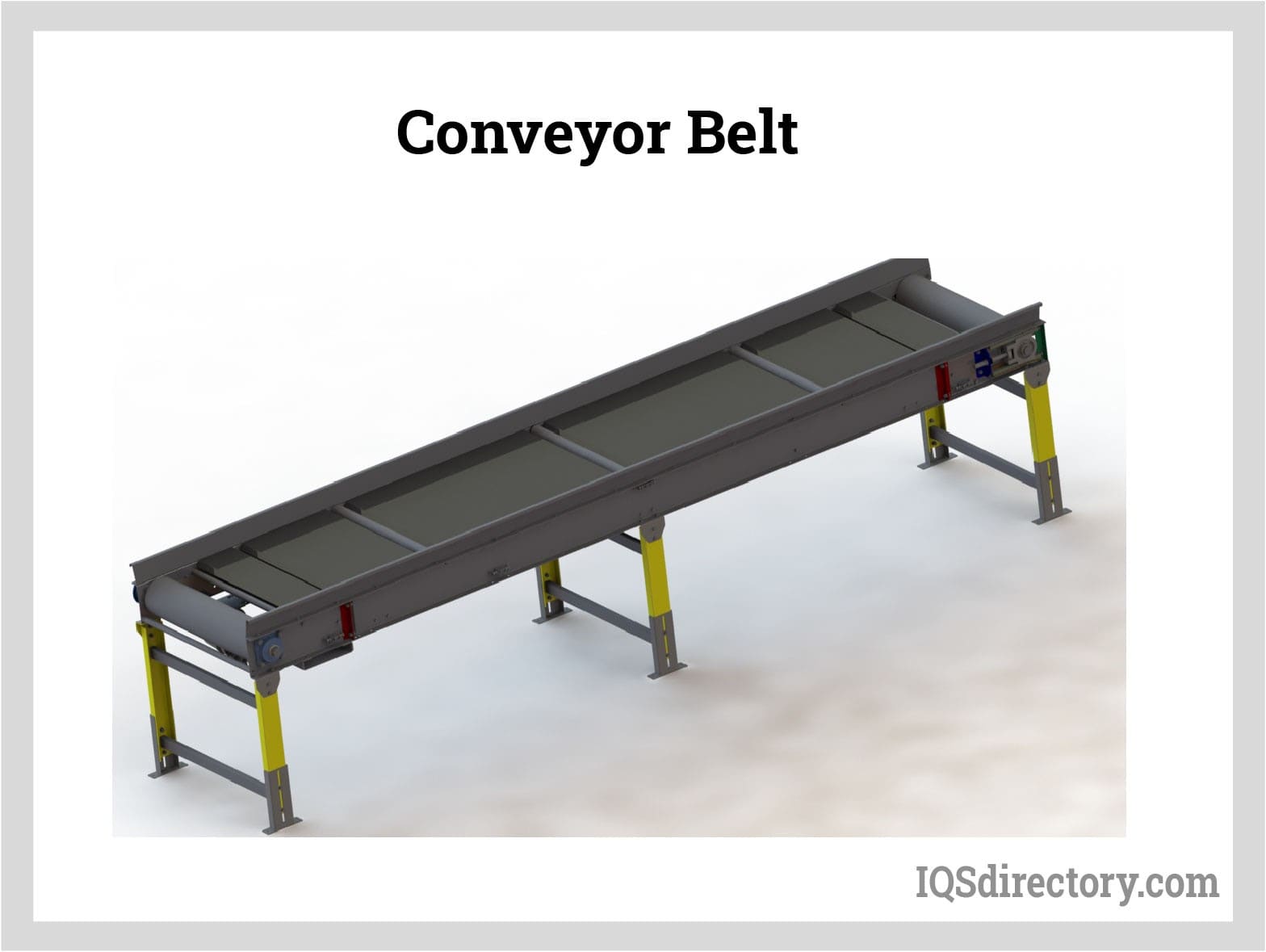
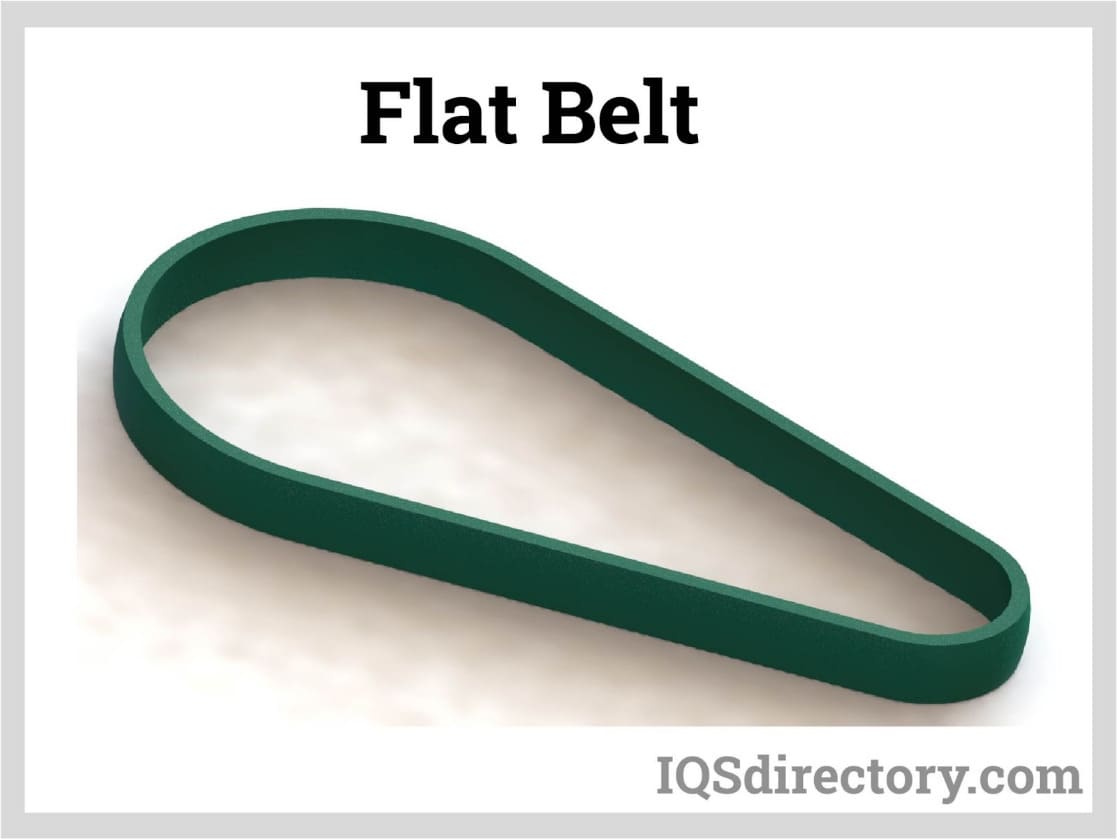
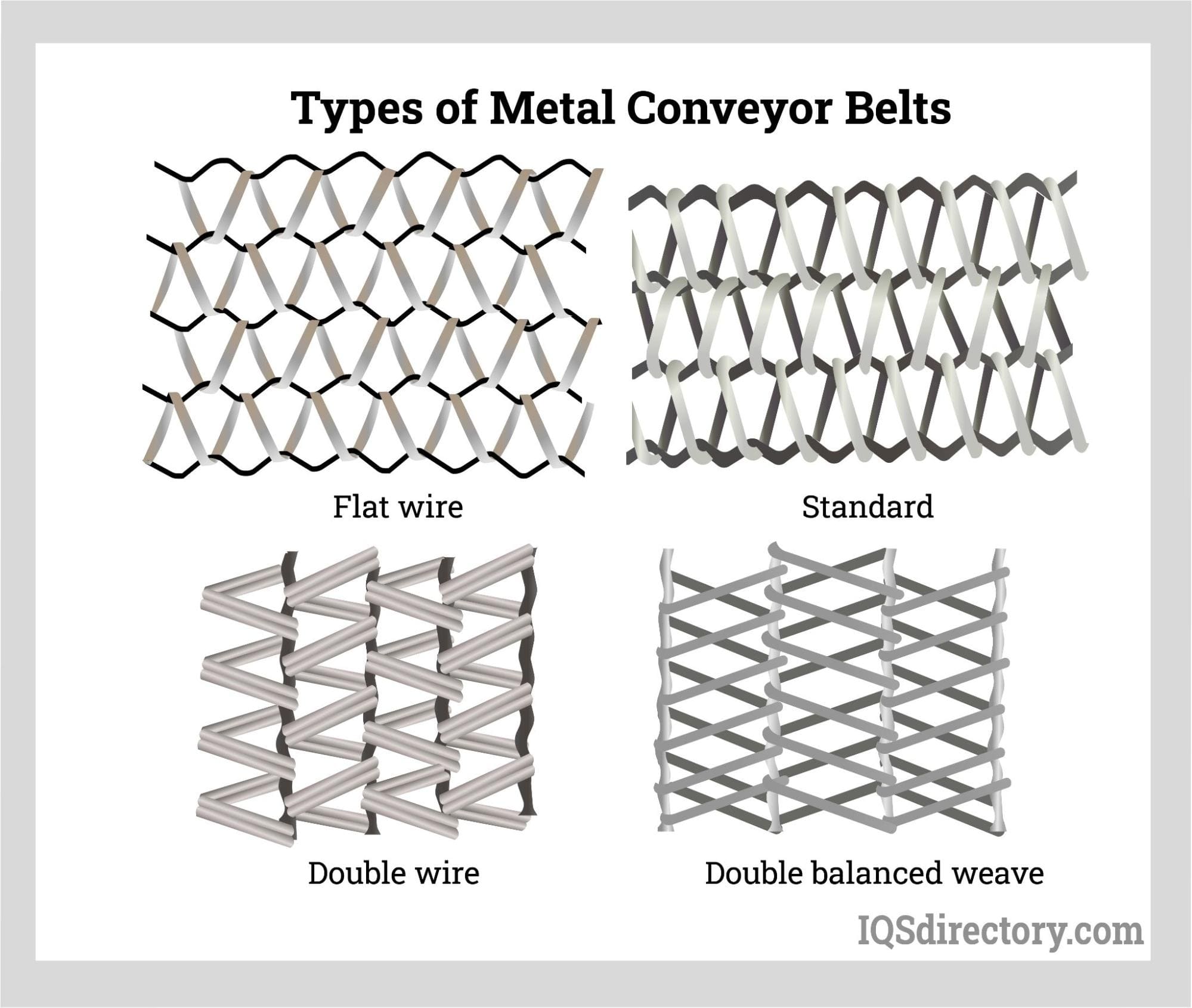
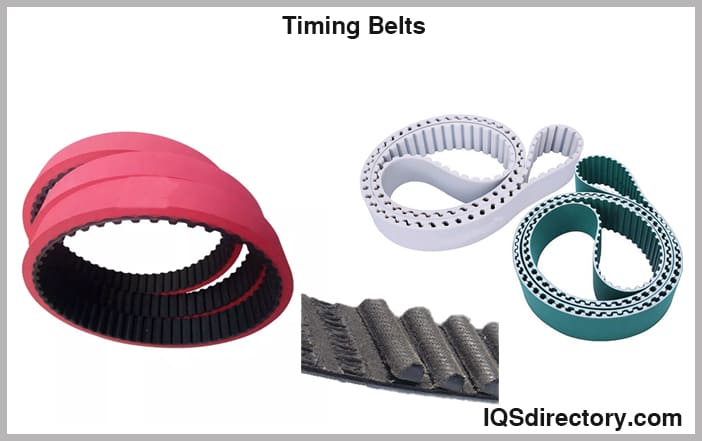
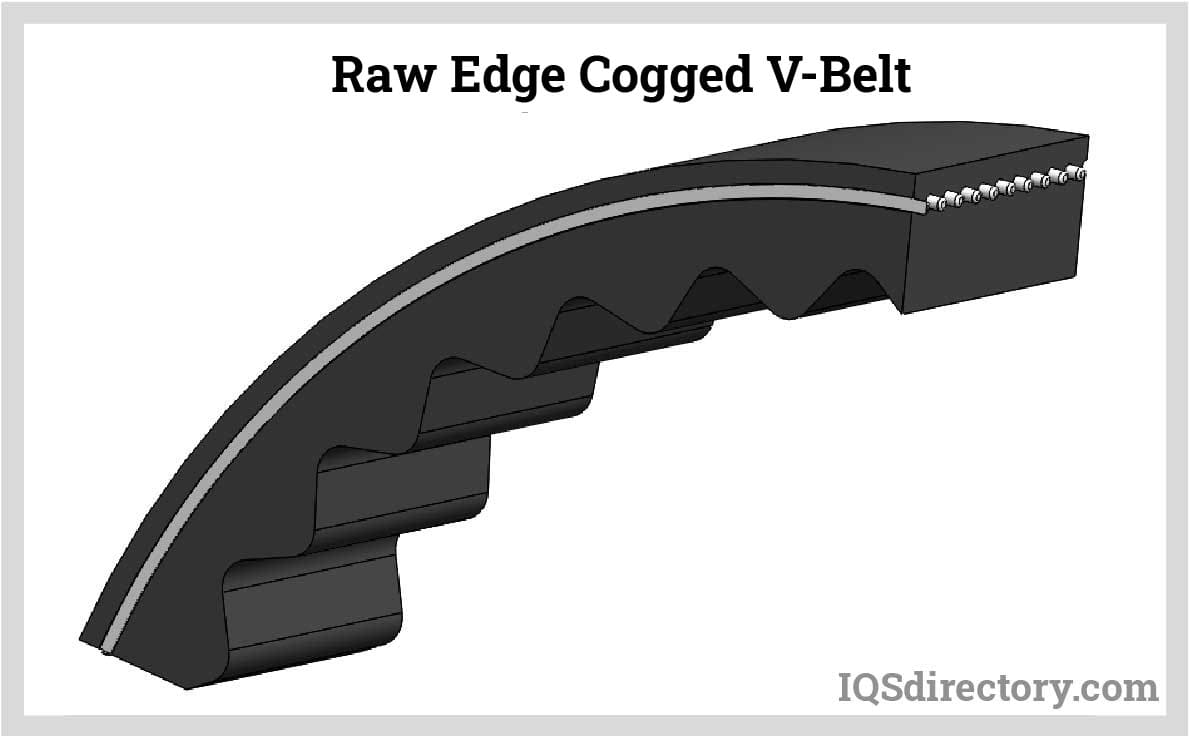
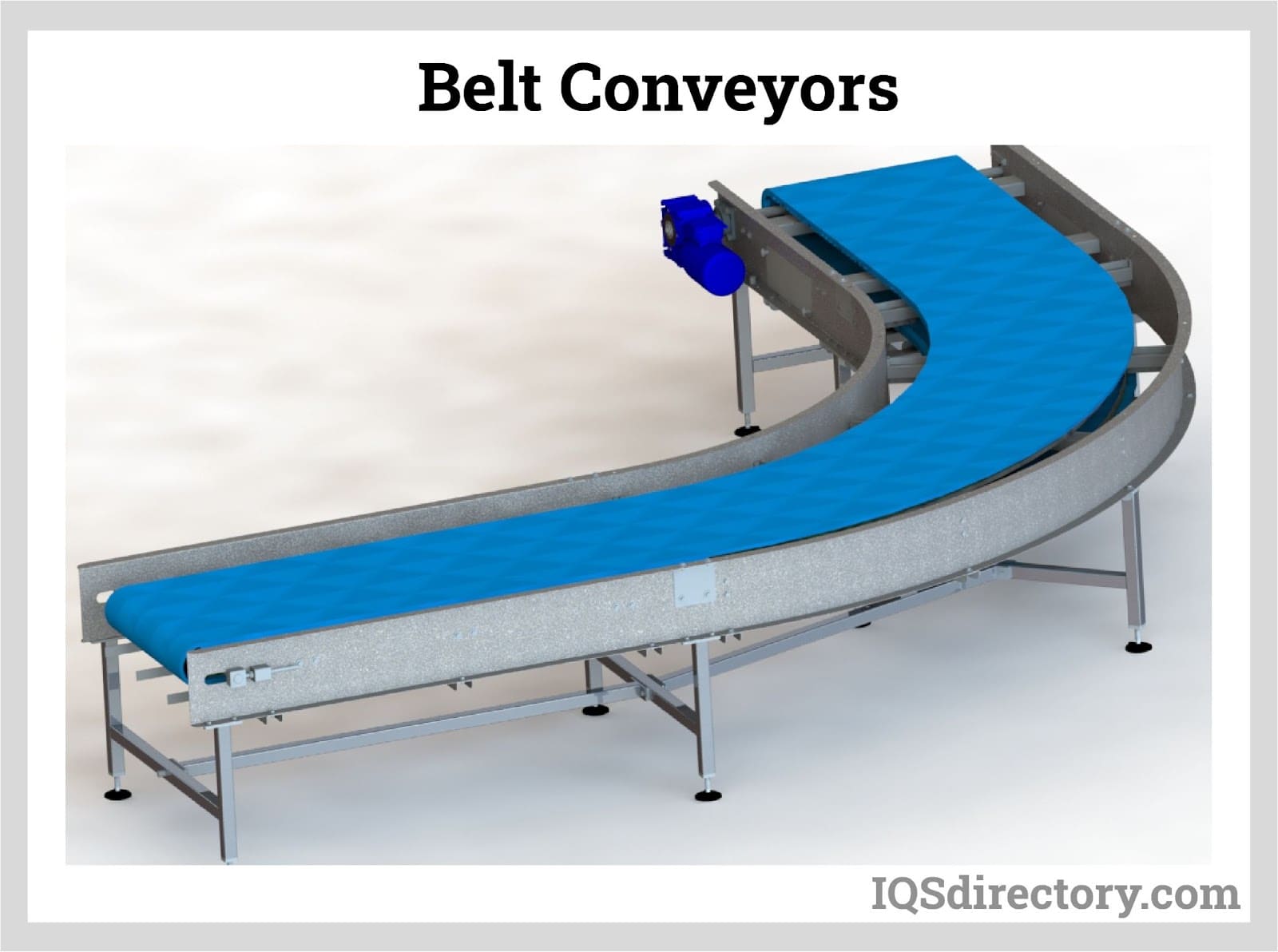
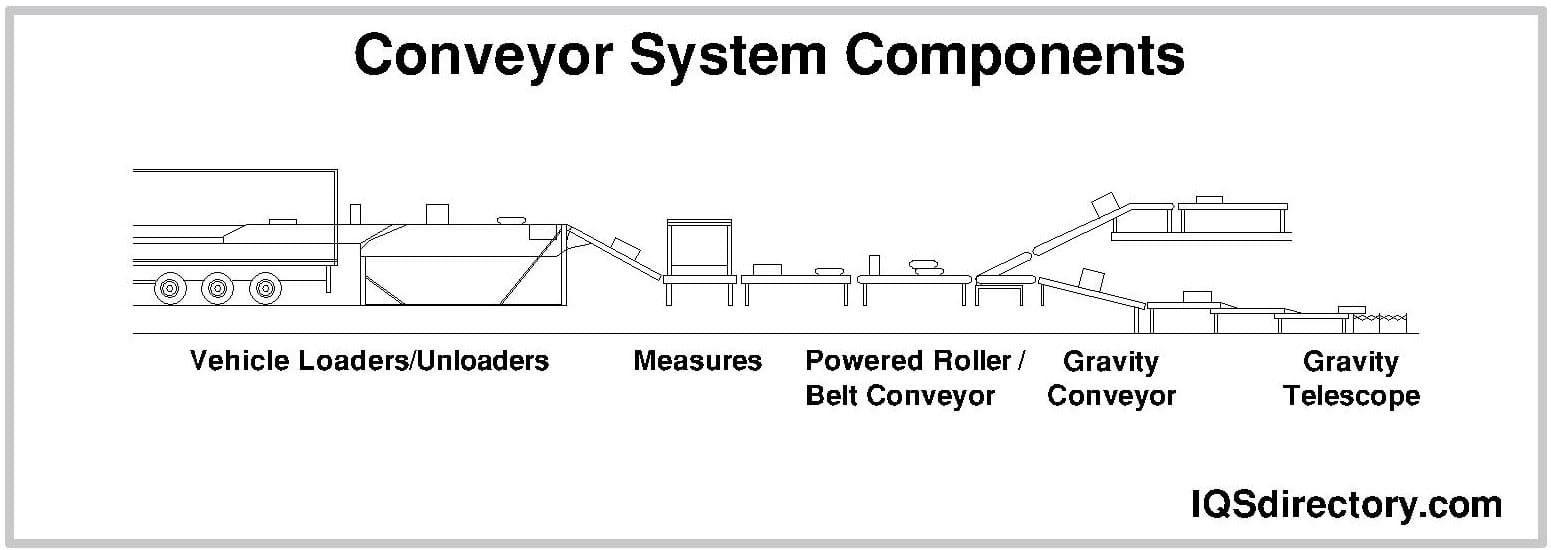
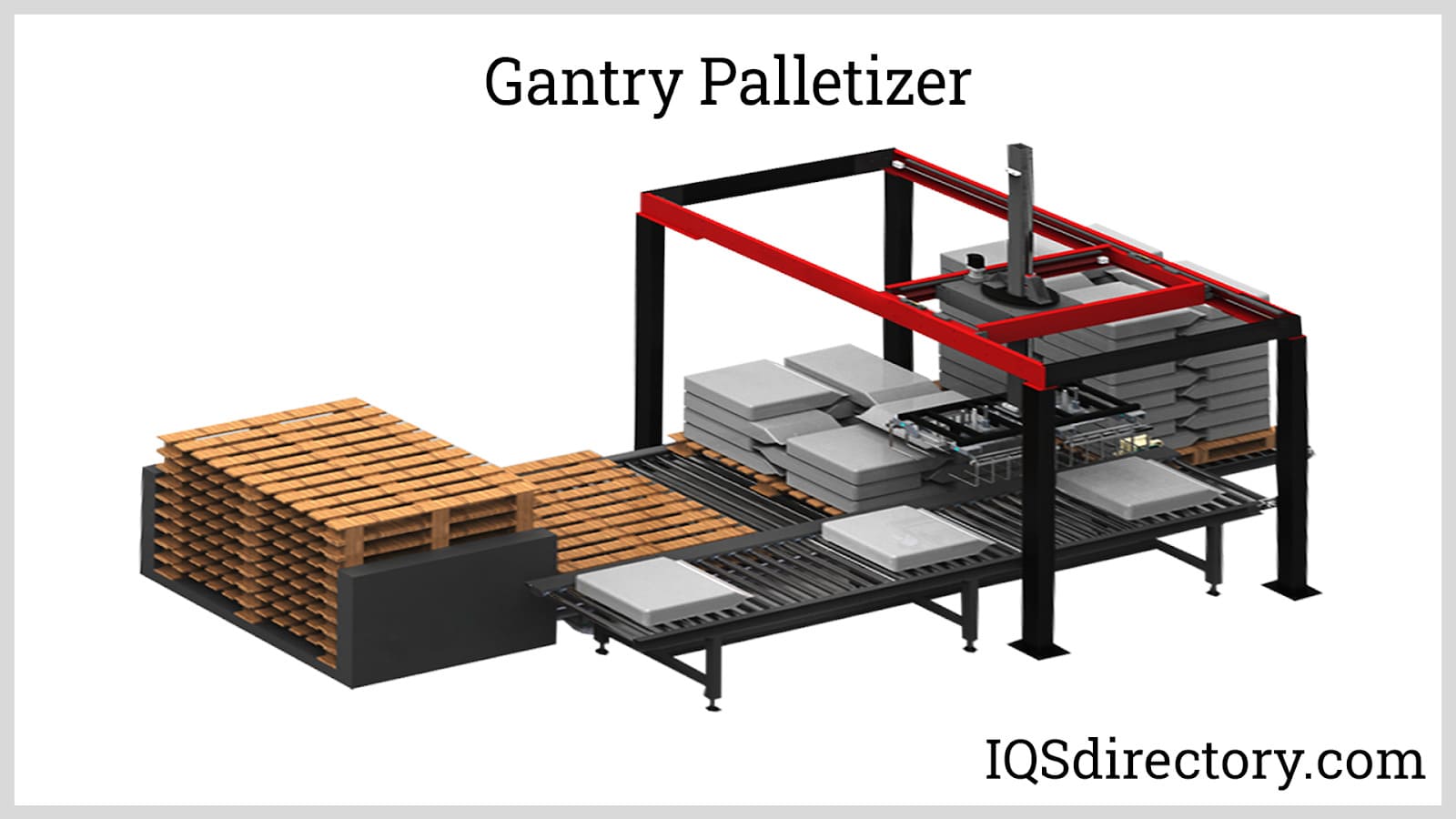
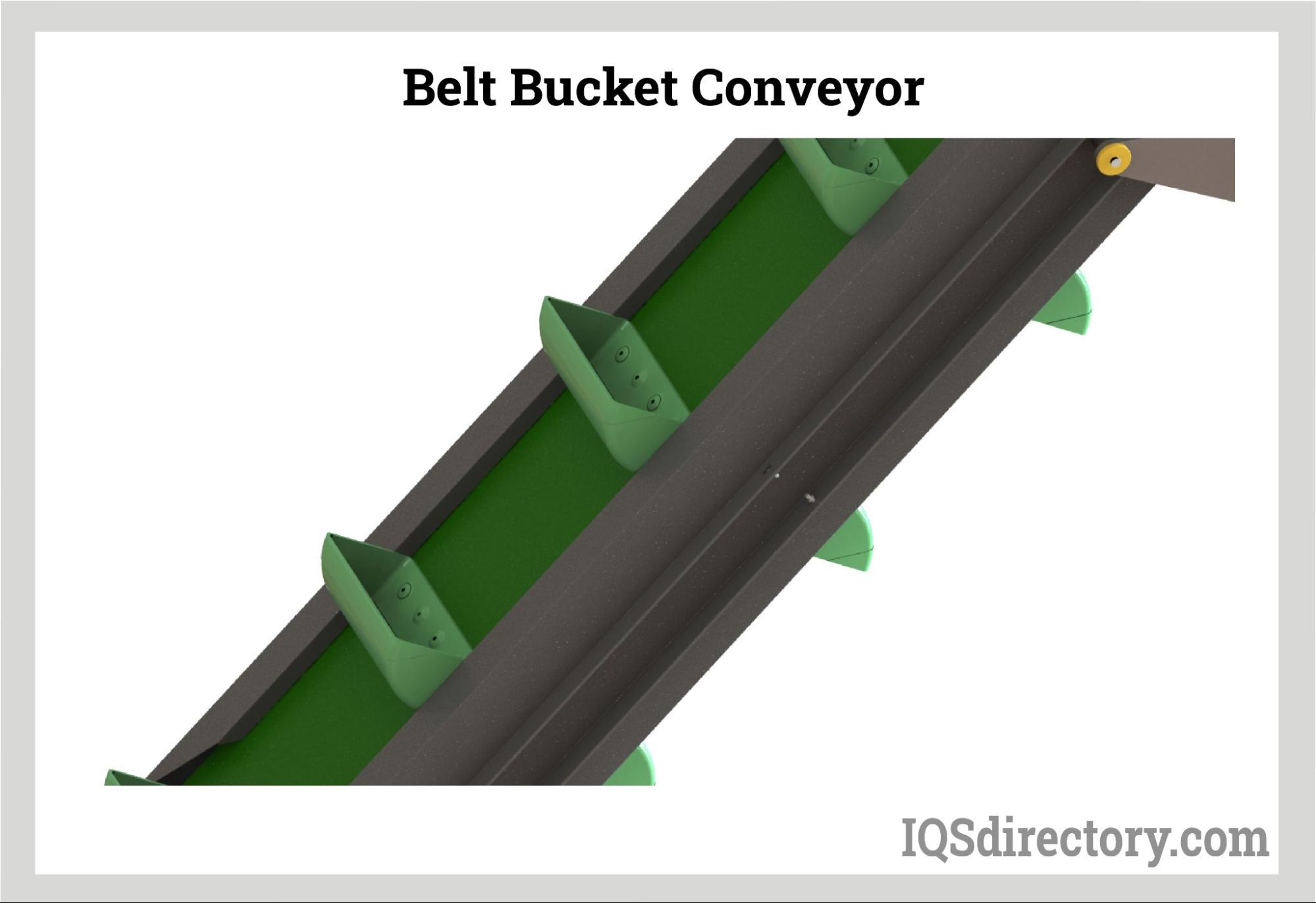
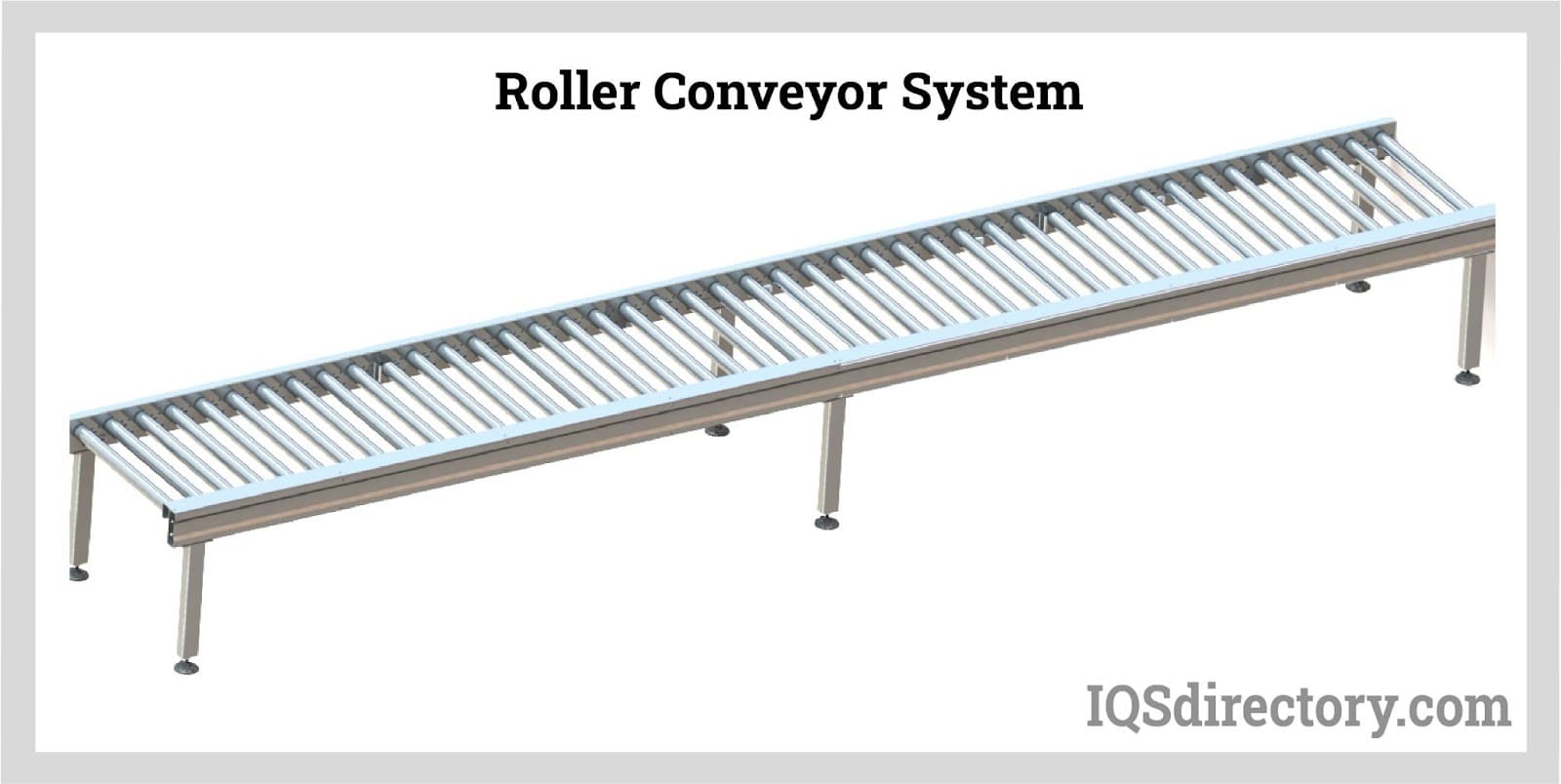

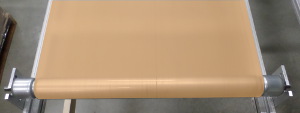 Conveyor Belting
Conveyor Belting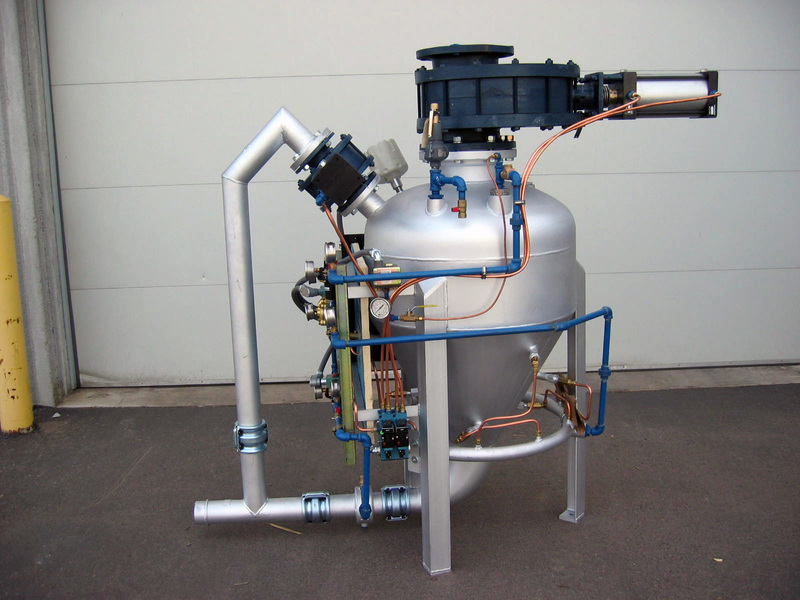 Conveyor Systems
Conveyor Systems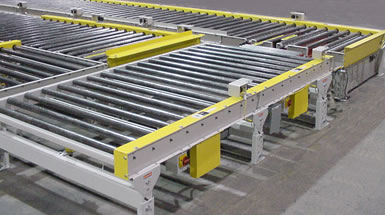 Conveyors
Conveyors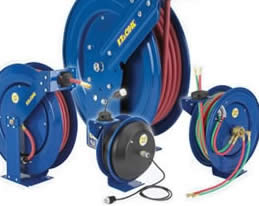 Hosereels
Hosereels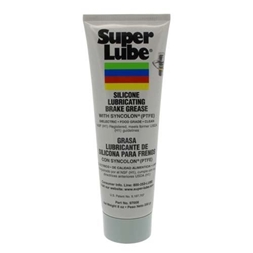 Industrial Lubricants
Industrial Lubricants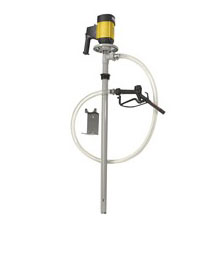 Lubricators
Lubricators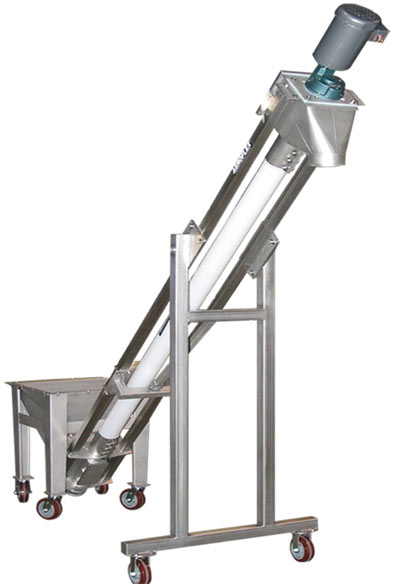 Screw Conveyors
Screw Conveyors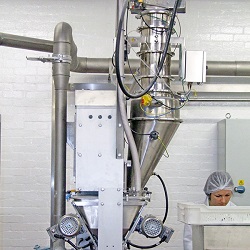 Pneumatic Conveyors
Pneumatic Conveyors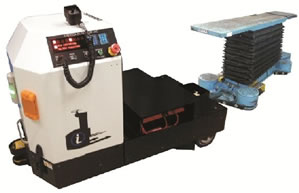 AGV
AGV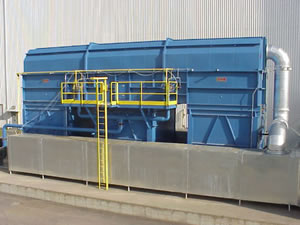 Air Pollution Control
Air Pollution Control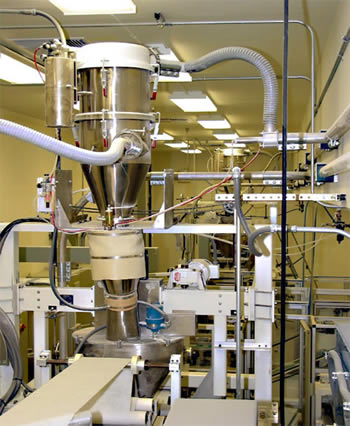 Assembly Machinery
Assembly Machinery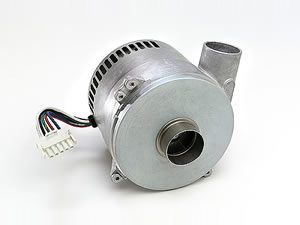 Blowers
Blowers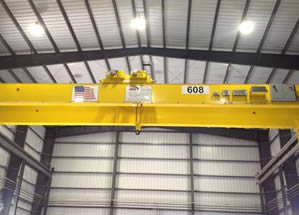 Cranes
Cranes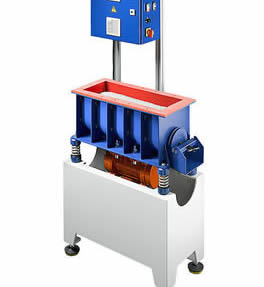 Deburring Machinery
Deburring Machinery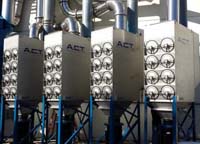 Dust Collectors
Dust Collectors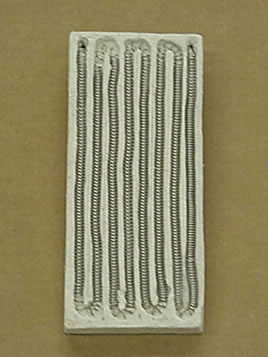 Heaters
Heaters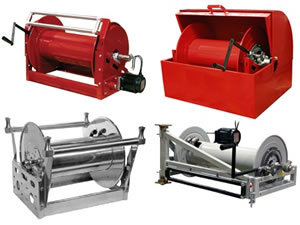 Hose Reels
Hose Reels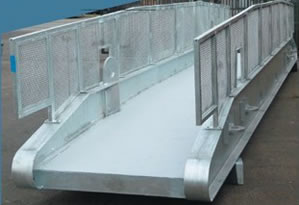 Mezzanines
Mezzanines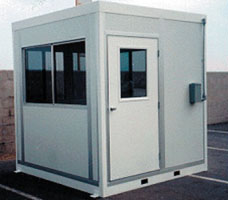 Modular Buildings
Modular Buildings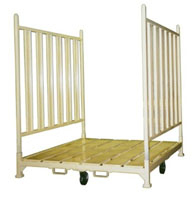 Storage Racks
Storage Racks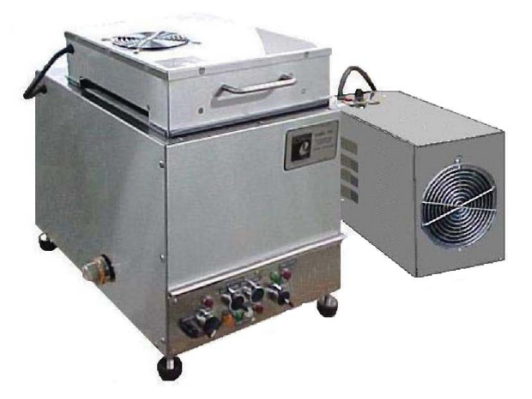 Ultrasonic Cleaners
Ultrasonic Cleaners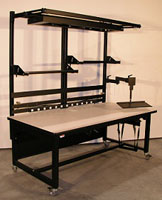 Work Benches
Work Benches